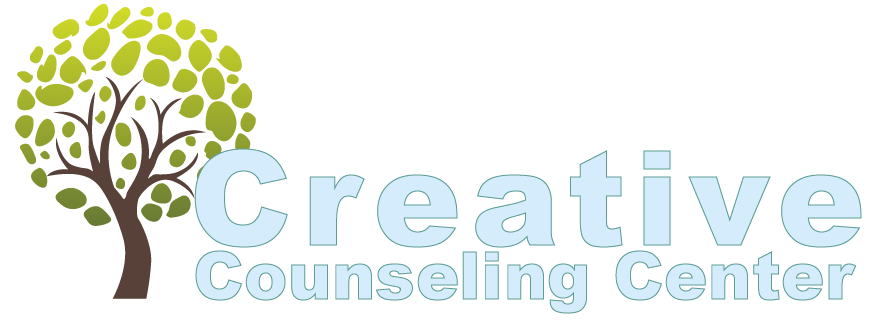Anger Management for Children: Counseling Advice for Parents of Angry Children
Children will inevitably go through a series of emotional phases as they grow up: happy, sad, frustrated, and angry…just to name a few. However, interacting with an angry child can often be one of the more difficult situations a parent can face. Fortunately, there are several strategies that you can utilize to help your child learn to deal with their feelings in a more productive way.
Here are 5 tips to help your child manage angry outbursts, or prevent them altogether:
Don’t react emotionally to your child being angry. Don’t yell at your child or react emotionally to their angry tantrums. This only serves to teach your child that lashing out is okay, and it gives them the attention they’re seeking by acting out. Instead, be calm and explain why their behavior (not the emotion) is inappropriate. Ask them to calm down for a few minutes before discussing again. Suggest they take seven big, long breaths—smell the flowers, blow out the birthday candles—and let them know you’re happy to talk once they’ve settled down enough to have a conversation.
Help your child identify their feelings. Children tend to overreact if they don’t understand, or know how to communicate, what they’re feeling. If they’re not able to use their words, such as saying, “I am mad,” then they’ll most likely revert to physical or inappropriate means of expressing their emotions. Before your child has their next angry outburst, teaching them to identify what they’re feelings will be of great benefit. Let your child know it’s okay to feel their emotions, and help them understand what their emotions mean. Once they understand their emotions, they’ll be able to label them, resulting in a greater ability to communicate more productively when they’re angry.
Have a plan of action. Teach your child anger management techniques they can use so they know what do to before they feel anger welling up inside of them. This could include calming themselves by going for a walk around the house, counting to 10, going to a special place they feel good about—their favorite beanbag chair or a cozy window seat, or participating in another activity, like coloring or reading a book until they feel better.
Give appropriate punishments. Don’t manage an outburst by escalating the level of punishment as the tantrum gets worse. In other words, don’t keep upping the ante just because your child won’t calm down. The more upset you get, the more upset your child may get, increasing the severity of their outburst. When you punish, be sure the child understand your punishing the behavior, not the anger behind it. That way your child can learn that their feelings are valid, but that aggressive behavior is not the solution.
Be the example of what to do. When things get heated with your child, it’s best to step back and set a good example. For instance, say to your child, “I feel angry right now, so I’m going to take a break until I feel more calm.” This allows your child to see YOU using your words and modeling the behavior you want to see from them. Your child will learn by example from you!
If you have an angry child and are struggling to teach him or her appropriate strategies for dealing with difficult emotions, come talk to us at Creative Counseling Center. Request a free phone consultation with a member of our counseling team using the form below. Creative Counseling Center employs some of Denver’s best and most qualified therapists and counselors, many of whom specialize in child counseling and/or play therapy. We would be honored to help you navigate the challenges you and your child may be facing.
Request a Free Phone Consultation
Contact Us
We will get back to you as soon as possible.
Please try again later.

ABOUT THE AUTHOR
Teri Karjala is a Licensed Professional Counselor & Marriage and Family Therapist. She is the founder and Executive Director of Creative Counseling Center, LLC. Working in the field since 1999, Teri and her team of therapists specializes in counseling for those who have experienced trauma. They work with children as young as age 2, as well as teens and adolescents, adults, seniors, families, and couples.
REQUEST A FREE CONSULTATION
If you have questions about counseling, would like to find out if counseling could help you or a loved one, or are interested in learning more about our services, just complete the brief form below to request a Free Phone Consultation. A member of our team will contact you shortly. After a brief conversation, we'll determine together whether our practice is right for you and which therapist may be best suited for your specific circumstance.
Finding the right therapist, one you click with, is less about the therapist's experience and qualifications and more about the therapist's personality. So let's talk. Let us match you with a therapist you have a high likelihood of clicking with.
Fields marked with an * are required.
Contact Us
We will get back to you as soon as possible.
Please try again later.
GET SOCIAL WITH US
CONNECT WITH US
PHONE
EMAIL US
ADDRESS
6021 South Syracuse Way, Suite #216
Greenwood Village, CO 80111
OFFICE HOURS
Monday-Thursday: 8:30am-8pm
Friday: 12pm-5pm
Saturday: 12pm-4pm



